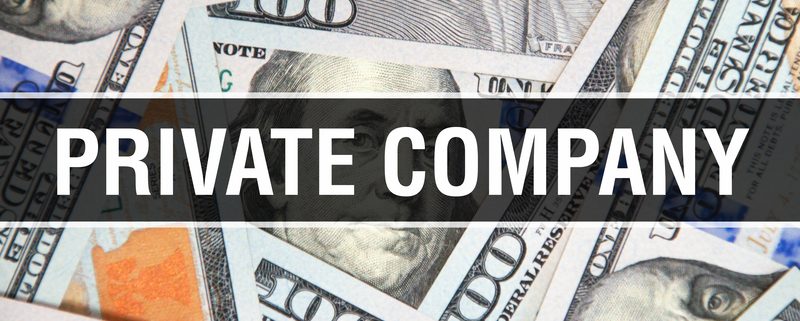What are “Private” Investments in a Self-Directed IRA?
When you read up on Self-Directed IRAs or retirement assets, you might come across the word “private” every so often. And depending on the context, this word can have a lot of different meanings. But when it comes to private investments with Self-Directed IRAs, one of the most common meanings refers to investing in private companies.
What does this mean? Let us address what investing in private companies looks like with a Self-Directed IRA, and why some investors consider this asset class as they build a nest egg for retirement.
What Does it Mean to Invest in Private Companies?
Most of us are familiar with the public stock exchanges. One example, the New York Stock Exchange, is a prominent public listing of some of the world’s largest companies. We all know that with a share of public stock, it is possible for private investors to hold pieces of large public companies. That is pretty straightforward.
We also know that one of the most traditional ways for retirement investors to put aside a lot of money is to put that money into the public stock market. Investors today will use mutual funds and index funds to diversify their investments across a broad range of public stocks. The general theory is that as the stock market moves up over time—as it does historically—then investors will see their money increase, too.
But investors also move to alternative asset classes to hedge their bets with a wider range of investment types. This can include investing in real estate and precious metals. And it also includes investments in private companies.
One way to think about this is as buying stock in a company that is not yet listed publicly on any of the major exchanges.
Why Do Investors Use a Self-Directed IRA for Private Company Stock?
Recently, news came out that famed investor Peter Thiel had potentially made billions of dollars in a Roth IRA because of a well-timed investment in an early version of PayPal stock. At the time, the company was not publicly traded. And since most investors are familiar with using retirement accounts to invest in public stocks, this might seem strange. How is it that investors can use retirement funds to go after private companies?
With a Self-Directed IRA, an investor can have access to a wide range of different asset classes, including real estate, precious metals, and Private Company stock. That means that an investor with money in a Roth IRA could potentially purchase Private Company stock in that Roth IRA.
This is one way that investors with access to Private Company stock offerings are able to put aside large amounts of money in retirement. And while these stock prices can increase in value tremendously over time, that does not mean that it is an asset class without risk. People who use a Self-Directed IRA should know that all valid investments will entail some risk.
What Do You Need to Know about Private Company Stock?
Investing money in Private Company stock can be a little tricky if you do not have someone to help with the paperwork. Many private investors are already familiar with the process of using accountants and lawyers to make sure that their paperwork is on the up-and-up. And with a Self-Directed IRA, it is important to work with a Self-Directed IRA administrator you can trust. That is why we at American IRA frequently put together information on investments like these: to educate people about the possibilities with a Self-Directed IRA, but not to make specific investment advice. With a Self-Directed IRA, you are the one in charge.
Interested in learning more about Self-Directed IRAs? Contact American IRA, LLC at 866-7500-IRA (472) for a free consultation. Download our free guides or visit us online at www.AmericanIRA.com.










